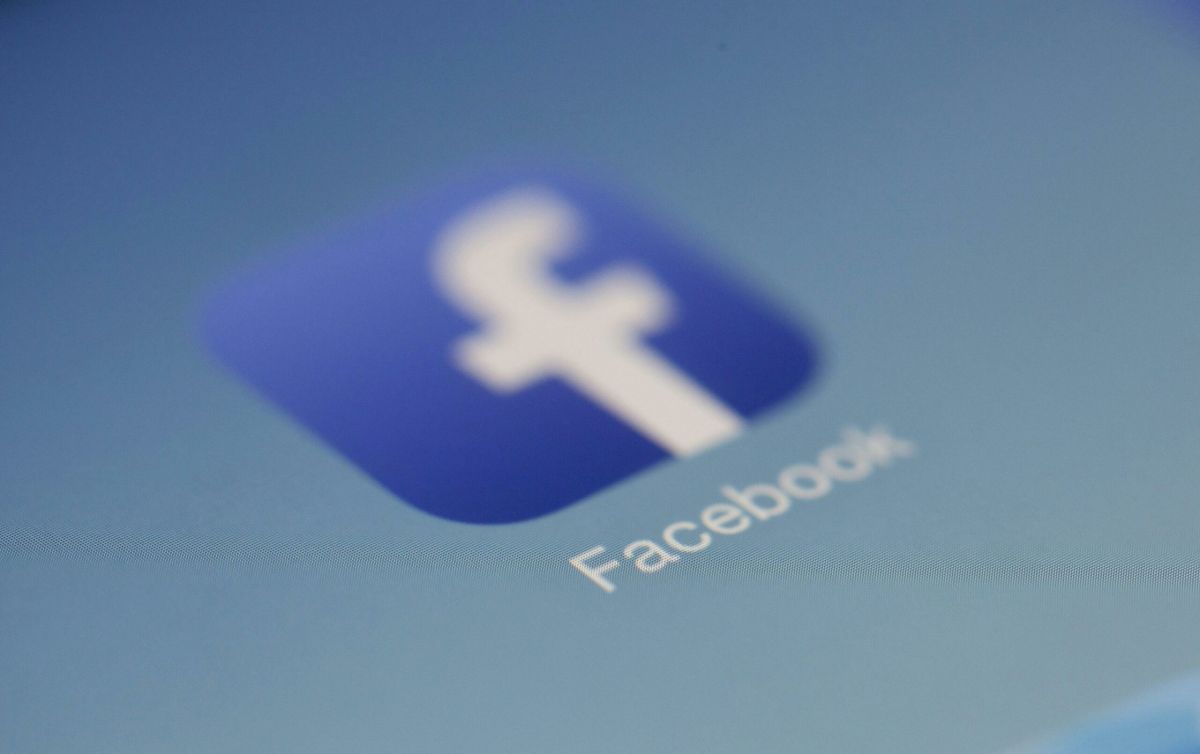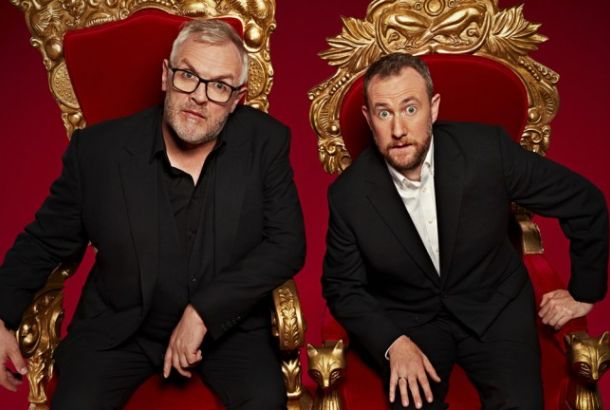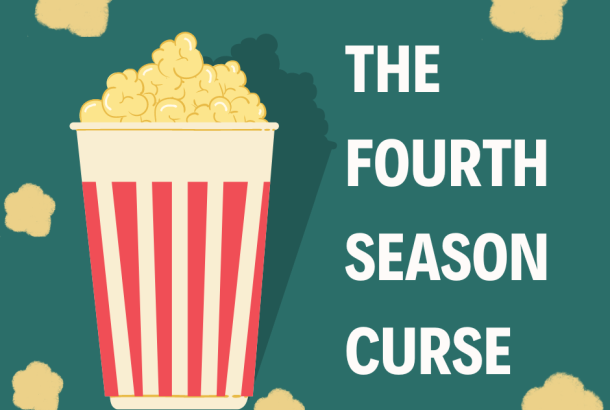The Social Network: A cautionary tale of Mark Zuckerberg’s future
By Freya Calder

It’s been an exciting few weeks for David Fincher fans. Not only has his new film The Killer been released on Netflix, but he’s also been teasing a sequel to The Social Network. There’s no better time to revisit the legacy of Fincher’s biographical drama about the invention of Facebook than now.
Since The Social Network‘s 2010 release, controversy after controversy has been circulating regarding Facebook and its founder Mark Zuckerberg. The Facebook-Cambridge Analytica scandal is probably the most prominent as it involved breaching the privacy of millions of users through sharing their personal data via Facebook. Ultimately the data was used to advertise Ted Cruz and Donald Trump’s 2016 presidential campaigns.
Recalling that Facebook’s origin came from a website that non-consensually used women’s pictures to pit them against each other, could we really be surprised by Facebook’s actions? Shall we say there was carelessness with user privacy and personal data? The fact that the film was made when Zuckerberg was seen as the ‘golden boy’ of the tech industry is particularly significant given what would follow in the history of Facebook. Fincher and screenwriter Aaron Sorkin’s early critique of Zuckerberg was then ahead of its time.
The film’s sour depiction of Zuckerberg (Jesse Eisenberg) is immediately evident from its opening scene. In an entitled, standoffish and dismissive way he breaks up with his then-girlfriend Erica (Rooney Mara). A portrayal that’s heightened in his creation of ‘Facemash’, a computer program used to objectify female students of Harvard University as it directs users to vote on their attractiveness. The two moments combined suggest Zuckerberg’s passively misogynistic attitude toward women. His general desire to prioritise his own interests such as getting into a Harvard Final Club comes to the detriment of those around him.
Zuckerberg’s relationships with both Erica and his Facebook co-founder Eduardo Saverin (Andrew Garfield) are used as the film’s emotional linchpins. They demonstrate Zuckerberg’s lack of emotional fulfilment despite the financial and technical success he gained from developing Facebook.
The Social Network focuses on two lawsuits against Zuckerberg; one from the rich, rowing Winklevoss twins (Armie Hammer) alleging Zuckerberg stole the idea of Facebook from them. The other was from Saverin after he got cut out of the company. The Saverin lawsuit presents Zuckerberg as unequivocally in the wrong by ‘screwing over’ the friend who had supported him. This ending opposes the prior Winklevoss lawsuit where Zuckerberg is the underdog nerd getting revenge on the rich, privileged jocks.
Interestingly, this framing suggests the conclusion of Zuckerberg’s story, the focus is on the negative impact of his betrayal and not the triumph of sticking it to the physical embodiment of old money. Zuckerberg’s pride should be tainted with the realisation that Facebook has cost him more than he perhaps thought. Even though Saverin was a consultant on the book The Social Network is based on, their relationship in the film still packs a punch.
In the film’s final scene, Zuckerberg sends Erica a friend request on Facebook whilst The Beatles’ ‘Baby, You’re a Rich Man’ plays. Zuckerberg may be financially successful, but this has come to a heavy detriment to his personal life. Even the film’s unconventional structure and framing, as opposed to a traditional biopic’s structure, is inherently critical of Zuckerberg’s actions in developing Facebook. What makes The Social Network stand out among the often formulaic biopic genre is its refusal to lionise its subject and determination to stick to a nuanced portrayal of Zuckerberg.
This leaves us with the question of what Fincher and Sorkin’s sequel to The Social Network could cover. Given Facebook’s past 13 years, they have plenty of material to cover. It’s unavoidable that the theme of privacy and security breaches surrounding Cambridge Analytica and Zuckerberg’s appearance in Congress in 2018 would take up a significant portion of the film’s runtime and for good reason. In addition, Facebook’s ever-changing place in the social media landscape would need to be factored in.
As a social network, Facebook has had an interesting life as it practically invented modern social media. Even still it has current plans to expand on how we engage online through its failed experiment with the ‘metaverse’ virtual reality platform. According to Forbes, Facebook is “The most used social media platform in the world […] with 2.9 million monthly active users.” Yet within Gen-Zs, it feels as if its usage is dwindling, as it competes with the skyrocketing popularity of TikTok.
It can be demonstrated that The Social Network’s early critique and nuanced approach to its portrayal of Zuckerberg represents a cautionary tale for the future of Facebook. Since the film’s release in 2010, the company has submerged itself in new developments and problematic scandals. These events present fertile ground for a potential sequel – a sequel that, for many at least, is getting more and more necessary as Zuckerberg’s star continues to fall.







